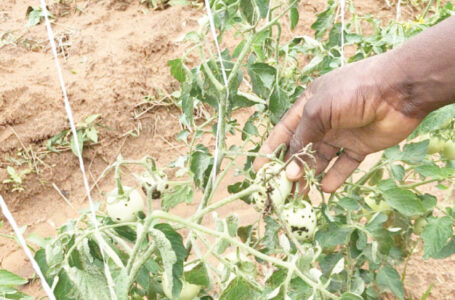Witness narrates how Ex-HoS, allies diverted public funds to private companies in court
48% of girls in northern Nigeria marry before age 15 – Report


Modupe Shodeinde
An international non-governmental organisation, Save the Children International, has said that 48% of girls in northern Nigeria get married before the age of 15.
The organisation, in its report said: “State of the Nigerian Girl Report – An Incisive Diagnosis of Child Marriage” unveiled on Thursday in Abuja, stated that Child Marriage is more prevalent in the Northwest and Northeast of Nigeria, where 48 per cent of girls were married by age 15 and 78 per cent were married by age 18.
The organisation said 59 per cent of the women have no education before being married off while 42 per cent had some level of primary school education.
It added that 100 per cent of the women have no secondary school education before marriage.
It report reads, “An estimated 44% of girls in Nigeria are married before their 18th birthday and the country also records the 11th highest rate of child marriage globally (UNICEF, 2013).
“Northern Nigeria (North East and North West) had 48 percent of girls married by age 15 while 78 percent were married by age 18. Apart from its consequences on fertility, health, and wellbeing, child marriage has far-reaching macroeconomic and sustainability consequences for Nigeria.”
According to the report, child marriages result in the increase of birth rates and population explosion, therefore undermining the government’s effort in sustainable development.
“As an outcome of child marriage; births increase, and the population explosion undermines the government’s ability to effectively plan and mobilize resources for sustainable development,” the report revealed.
It continued, “Besides, child marriage has great negative consequences on the education of the girl-child. This is so, as there is a linkage between level of education and marriage; linkage between child marriage and adolescent sexual and reproductive health complications, maternal; child and neonatal health; nutrition status of children; literacy rates among child brides and former child brides; and poverty and long-term economic growth.”








